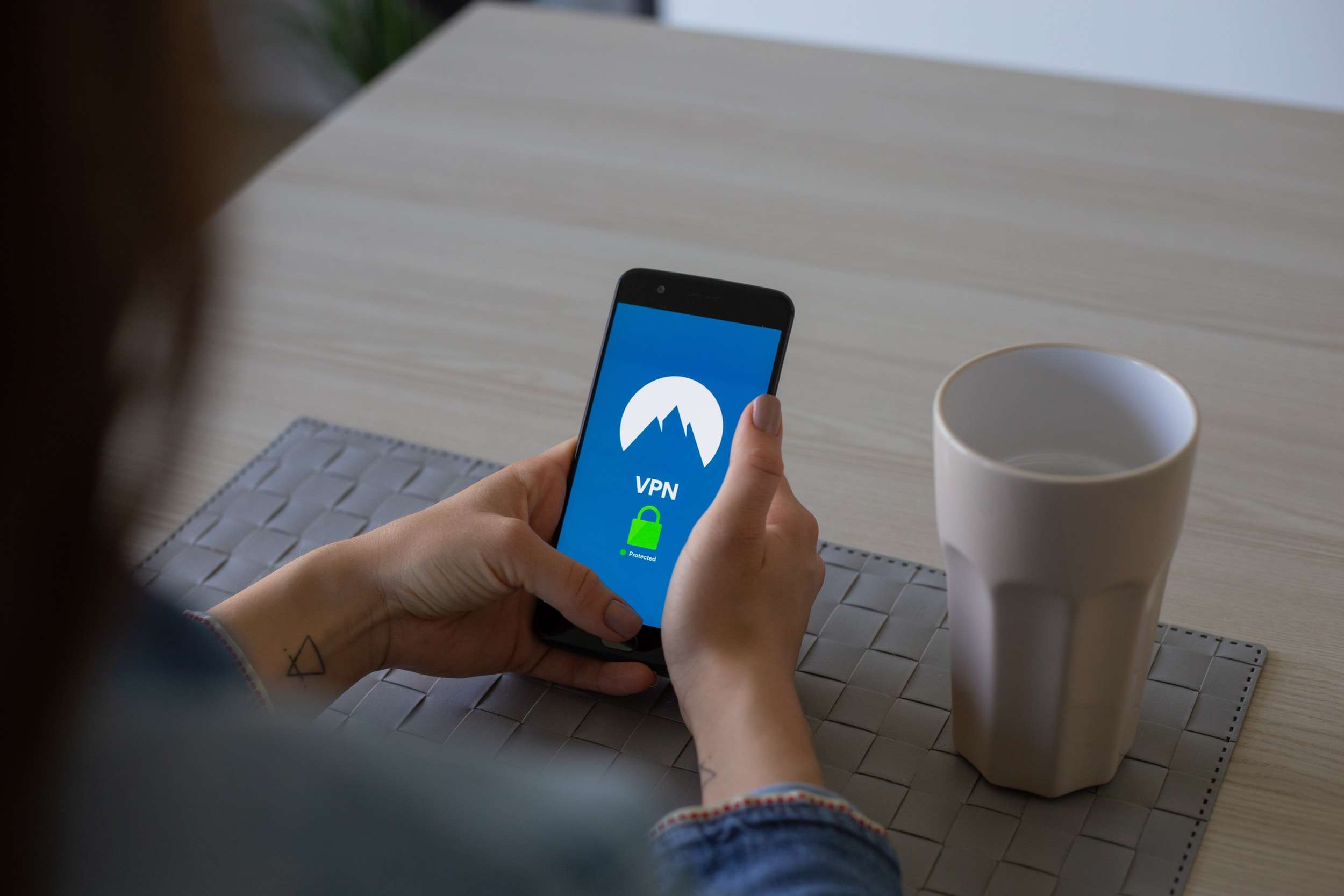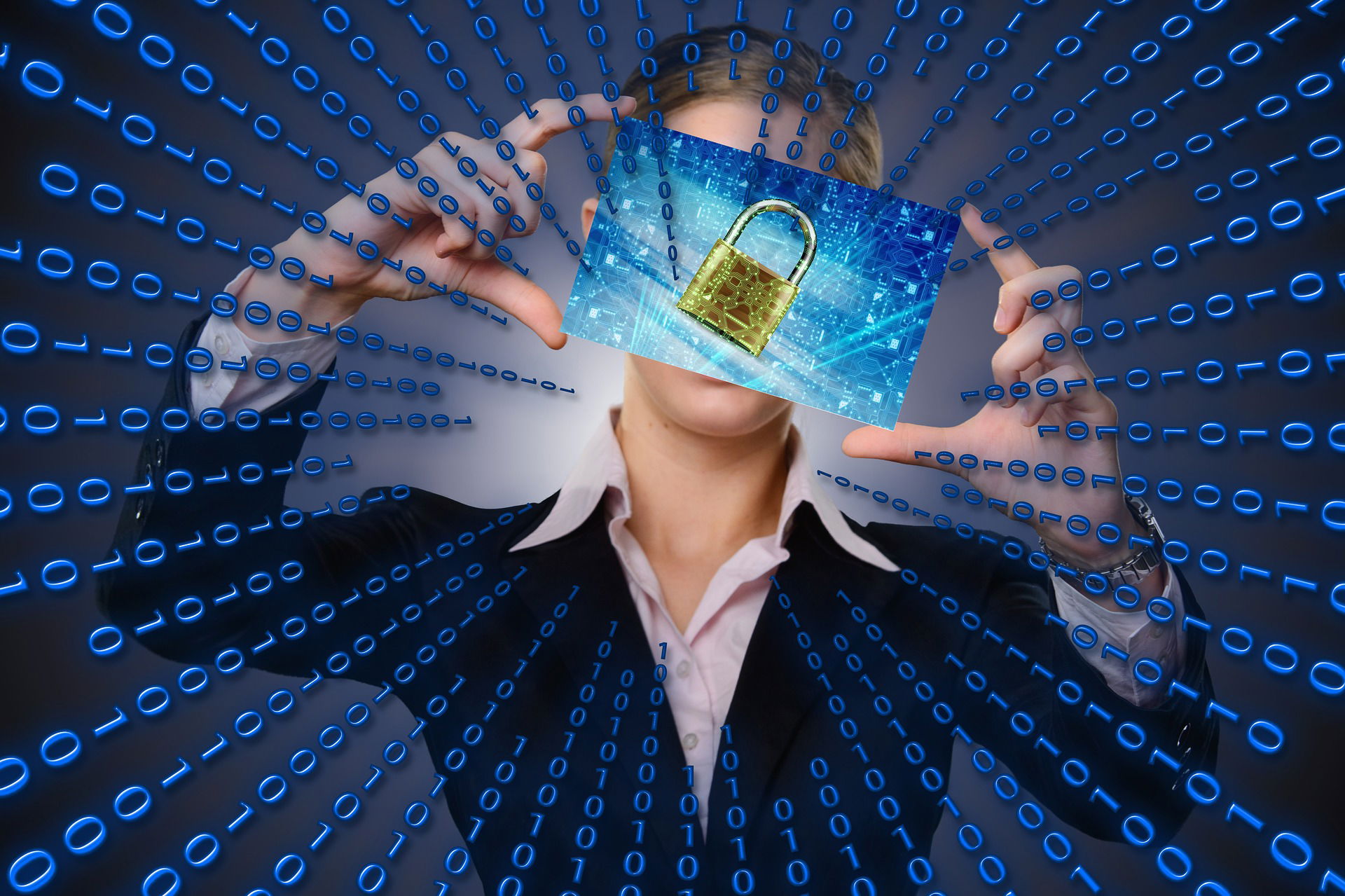Online Safety Essentials: Top Tips for a Secure Social Media Experience
In today's interconnected world, social media has transformed the way we communicate, share, and connect with others. While these platforms offer countless opportunities for engagement and interaction, they also come with potential risks to our online security and privacy. To ensure a safe and enjoyable social media experience, it's essential to prioritize online safety. In this comprehensive guide, we will explore the top tips for a secure social media experience, helping you navigate the digital landscape with confidence and peace of mind.
Understanding the Importance of Online Safety on Social Media
Online safety is about protecting your personal information, digital identity, and online reputation. Here's why online safety on social media matters:
1. Privacy Protection
Personal Information: Safeguard your name, birthdate, contact details, and other sensitive information from unauthorized access.
Location Data: Prevent the unintentional sharing of your real-time location.
2. Identity Theft Prevention
Phishing Attacks: Avoid falling victim to phishing scams that aim to steal your login credentials.
Impersonation: Protect yourself from fake accounts and impersonators.
3. Reputation Management
Content Control: Ensure that your posts and interactions align with your personal and professional image.
Unwanted Content: Shield yourself from offensive or inappropriate content.

Top Tips for a Secure Social Media Experience
To enhance your online safety on social media, follow these essential tips:
1. Strong Passwords and Two-Factor Authentication (2FA)
Unique Passwords: Create strong, unique passwords for each social media account.
2FA Activation: Enable two-factor authentication for an extra layer of security.
2. Privacy Settings Mastery
Profile Visibility: Adjust who can see your posts, profile information, and contact details.
Tagging and Mentions: Control who can tag you in posts and photos.
3. Mindful Sharing
Location Awareness: Avoid sharing real-time location updates.
Sensitive Information: Refrain from sharing personal details like home addresses and phone numbers.
4. Vetting Friend Requests
Accept Wisely: Only accept friend requests from people you know and trust.
Avoid Strangers: Be cautious when connecting with unfamiliar profiles.
5. Regular Account Audits
Review Connected Apps: Regularly review and revoke access for third-party apps.
Check Privacy Settings: Periodically audit and update your privacy settings.
Educating Yourself and Others
Empowering yourself and your loved ones with online safety knowledge is essential. Here's how you can spread awareness:
1. Stay Informed
Stay Updated: Keep up with the latest online security trends and best practices.
Educational Resources: Share informative articles, videos, and resources on online safety.

2. Teach Responsible Online Behavior
Young Users: Educate children and teens about responsible social media use.
Privacy Talks: Engage in discussions about online safety with friends and family.
Conclusion
Maintaining online safety on social media is a fundamental aspect of navigating the digital landscape. By adopting strong security practices, understanding privacy settings, and promoting responsible online behavior, you can enjoy the benefits of social media while protecting your personal information and digital identity. Remember that your online safety is a shared responsibility, and by prioritizing it, you contribute to a more secure and enjoyable online community.
Sources:
- Federal Trade Commission. "Social Networking Privacy: How to Be Safe, Secure, and Social." https://www.consumer.ftc.gov/articles/0272-how-keep-your-personal-information-secure
- NortonLifeLock. "10 Ways to Help Stay Secure on Social Media." https://www.nortonlifelock.com/cybersecurity/identity-theft/social-media-security/10-ways-help-stay-secure-social-media
- Stay Safe Online. "Tips to Protect Your Social Media Privacy." https://staysafeonline.org/stay-safe-online/protect-your-personal-information/social-media-privacy/
- Common Sense Media. "Internet Privacy and Security: A Guide for Parents." https://www.commonsensemedia.org/internet-privacy-security
- Cybersecurity & Infrastructure Security Agency (CISA). "Social Media Cybersecurity Tips." https://www.cisa.gov/publication/social-media-cybersecurity-tips